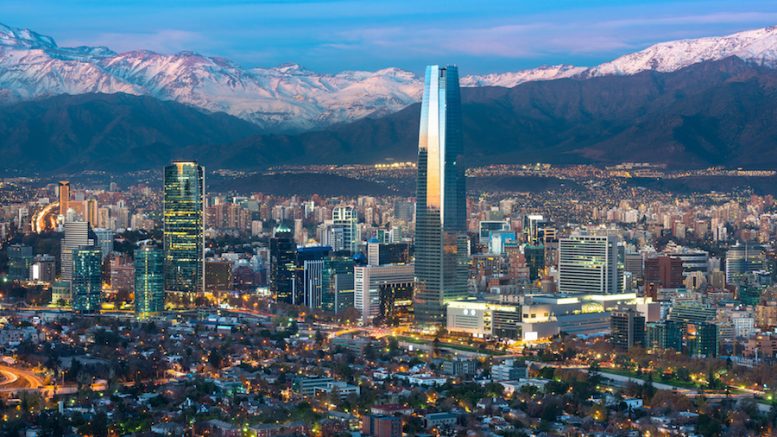Chile’s senate has postponed for almost three weeks a vote on an opposition-sponsored bill that could hike taxes on miners by up to 75% depending on the price of copper, the country’s main export.
The bill, first introduced in 2018, calls for a 3% royalty on sales of over 12,000 tonnes of copper production a year and 50,000 tonnes of lithium a year.
Half the funds obtained from the royalty would go into a regional convergence fund to finance regional and communal development projects. The other half would directly finance projects to mitigate, compensate or repair the environmental impact from mining activity in communities near mining projects.
The legislation, which faces multiple procedural hurdles, could risk some 1 million tonnes of annual copper output, representing around 4% of global production, Goldman Sachs said in May.
The bank noted that more than half of the foreign-owned copper mines in Chile have tax stability agreements that expire in 2023, limiting immediate exposure to the bill’s eventual passage. But future mine development would be in jeopardy.

The desalination plant for the Escondida mine in Chile. Credit: BHP Sustainability Report, 2017.
Chile’s current tax regime for miners includes corporate tax of 27% and a special tax or royalty of up to 14% on operating profits depending on production rates. Below 50,000 tonnes of copper a year, miners pay 9%.
The mining and energy committee has been discussing the bill for seven weeks and has not set a date for the vote. The proposal was already accepted by the lower house.
Proponents argue that provincial governments do not receive enough compensation for the extraction of mineral resources and that the new taxes will change that. Mining representatives and analysts, in turn, warn the proposed law would drive away new investments and some mining operations and expansions would become economically unviable.
If the royalty bill does get through the senate, Sebastian Piñera’s administration is likely to block its passage via the constitutional court. Ruling coalition lawmakers laid the groundwork for taking the bill to court by presenting a so-called constitutional reservation.
Chile, the world’s top copper producer, holds about 52% of the world’s known lithium reserves. The nation aims at making the white metal its second-largest mining asset. Lithium is currently the country’s fourth-biggest overall export.


Be the first to comment on "Chilean lawmakers postpone vote on controversial mining royalty bill"